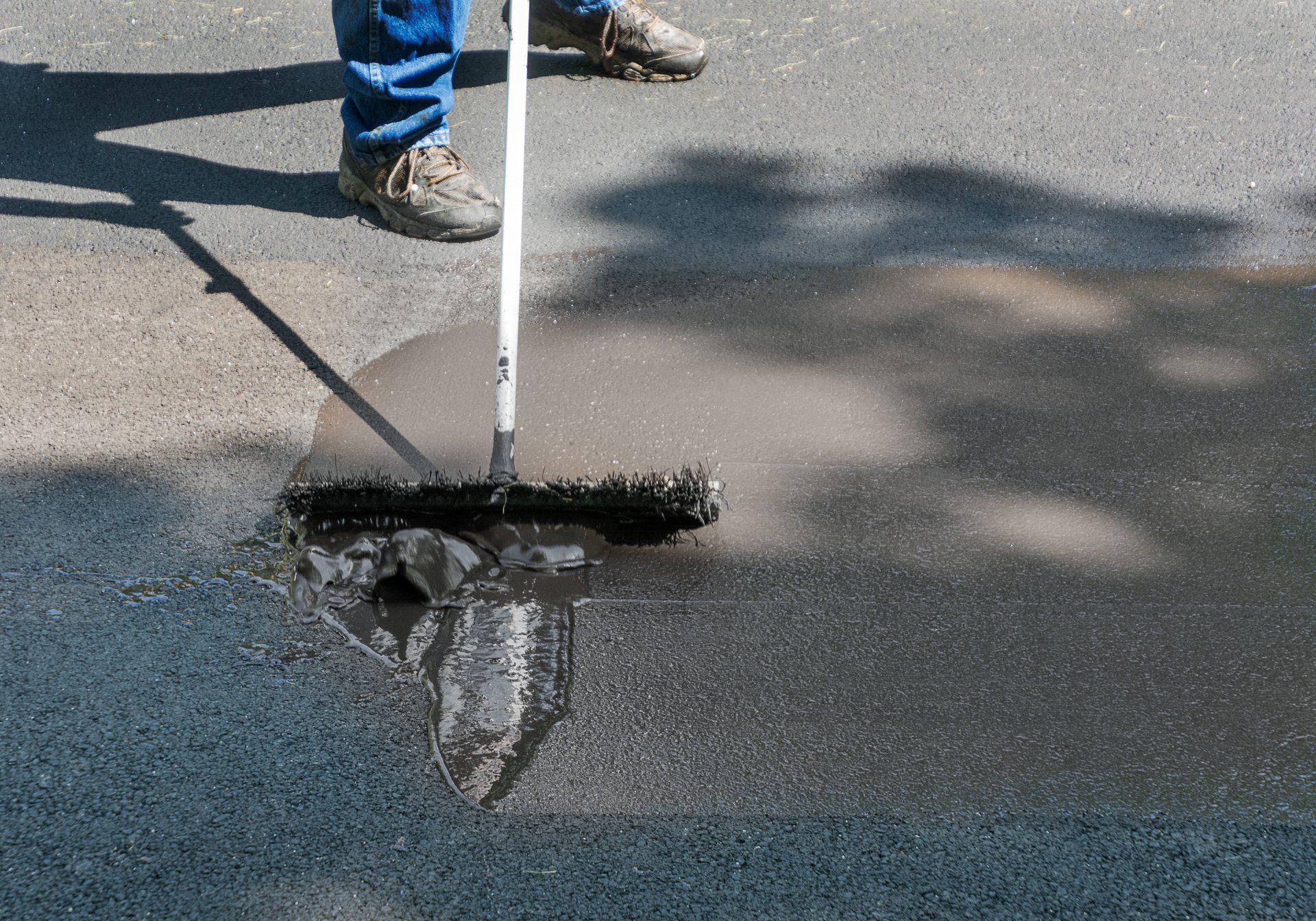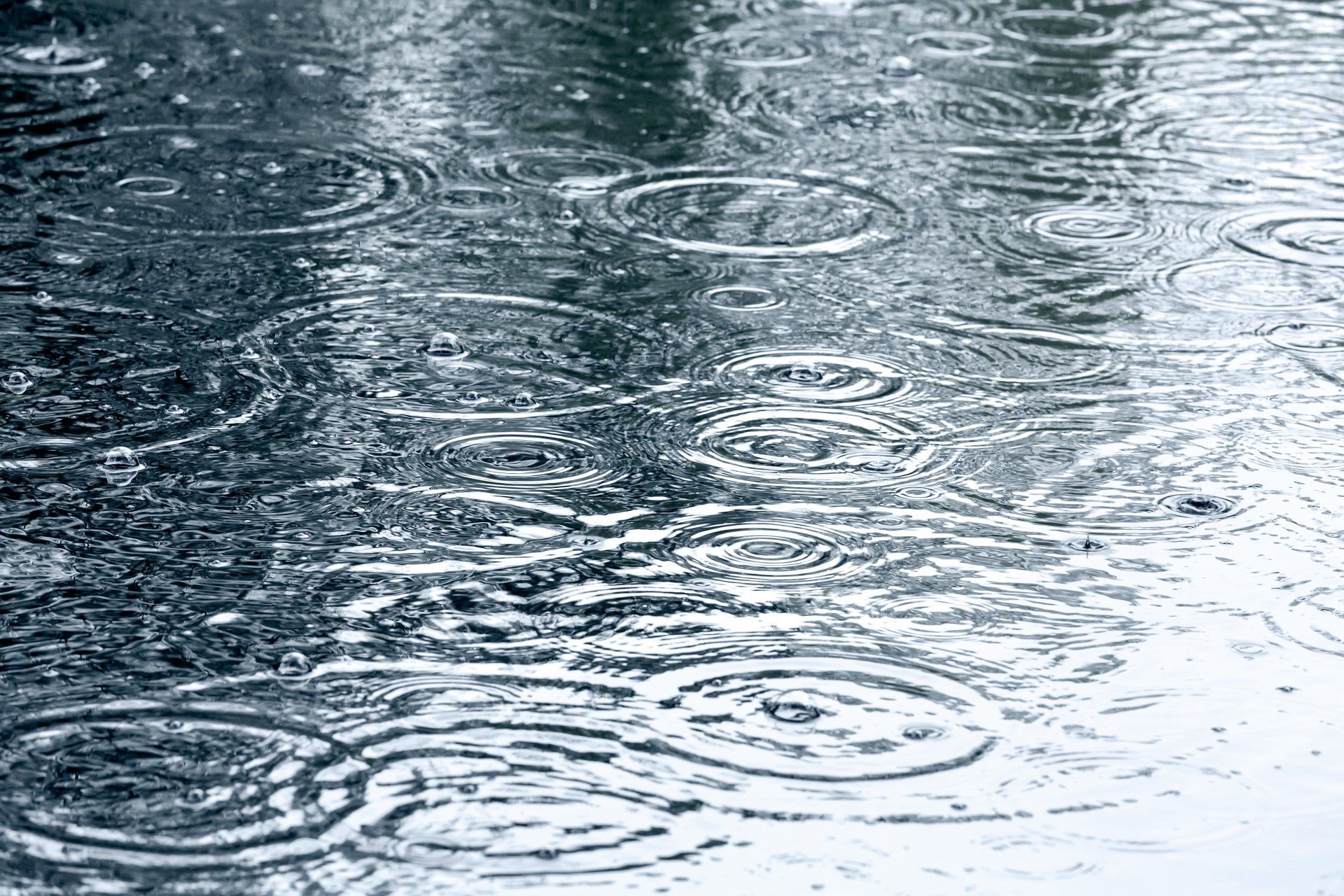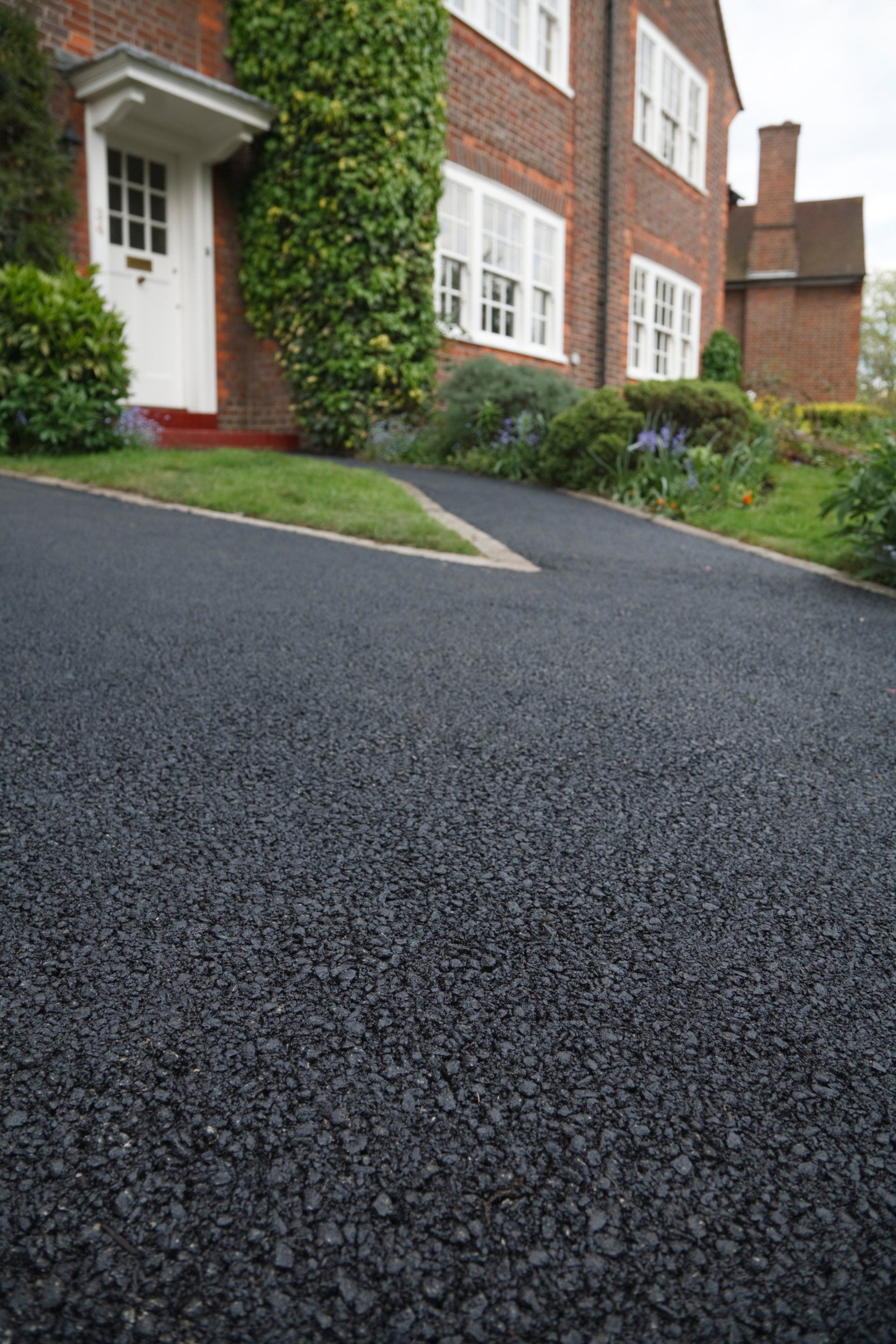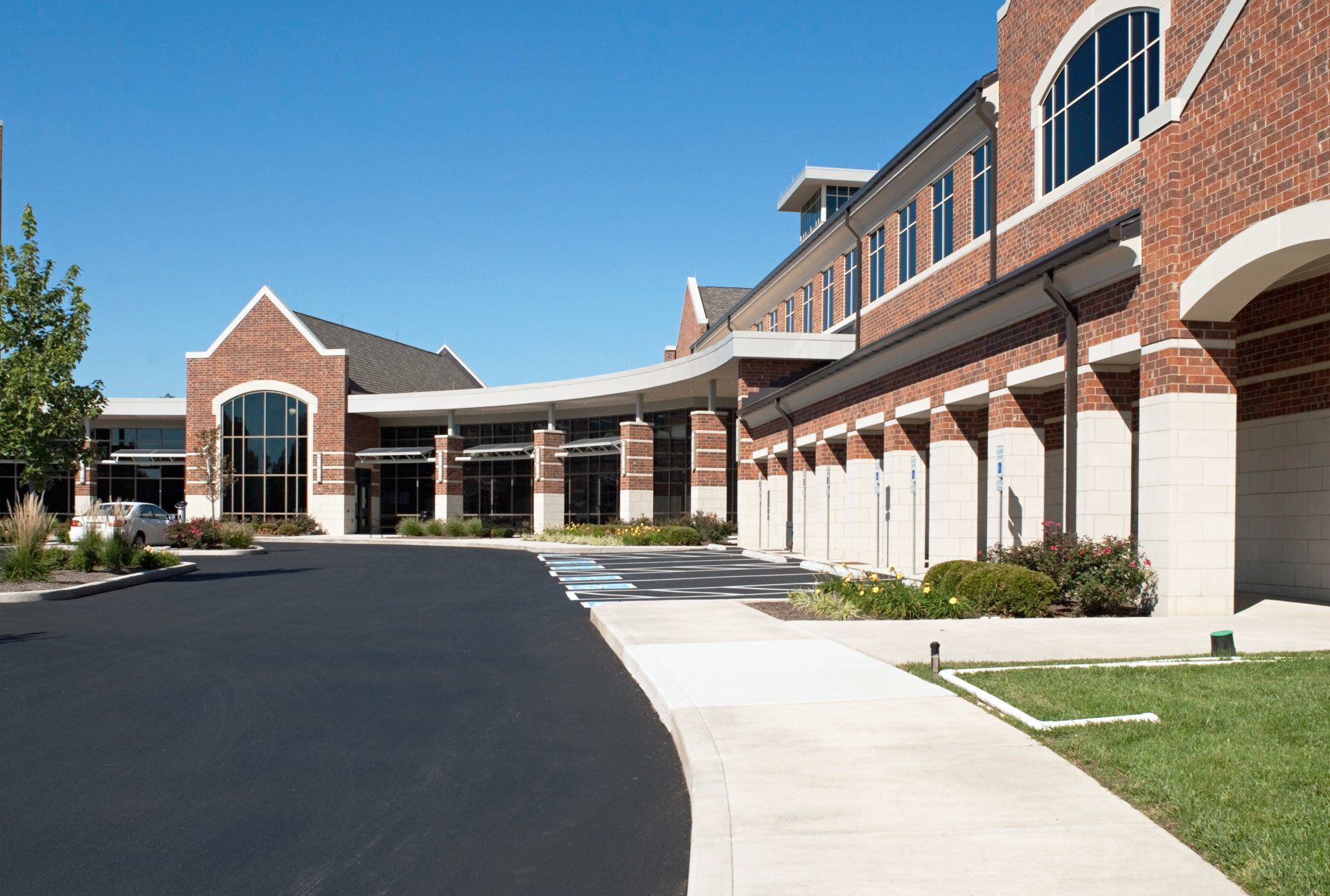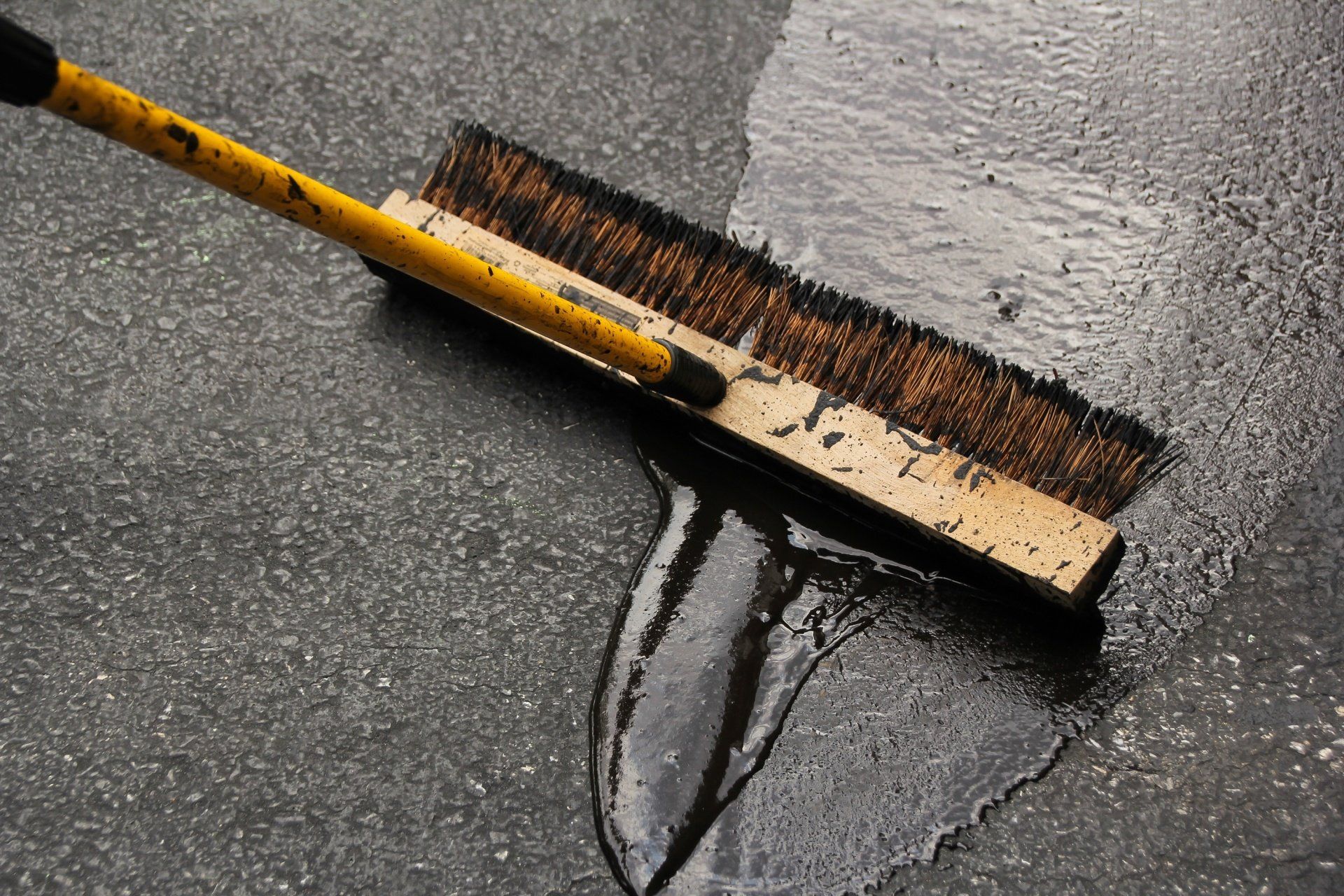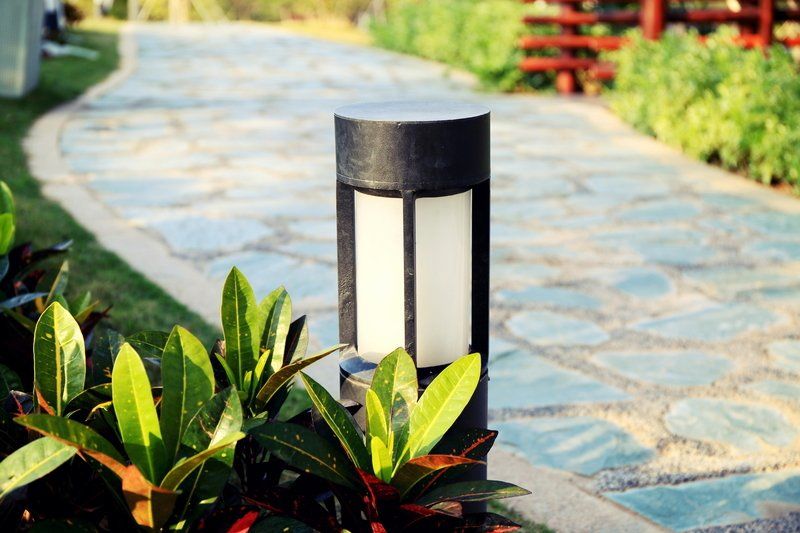Does Sealcoating Need A Lot of Maintenance?
You just installed a high-quality driveway, and you want to put in the best sealcoating Madison, Sun Prarie, Fitchburg, Middleton, Waunakee, and Baraboo, Wisconsinhas to offer. However, you also need to make sure that you understand the amount of maintenance this unique sealant option requires. Thankfully, there isn't much that you have to do to keep your driveway's sealcoat safe. So before talking about maintenance, let's examine precisely what this sealant does for your driveway.
The Nature of a Sealcoat
Sealcoating is a unique sealant option that is designed to protect a myriad of different pavement types. However, they are most often used on asphalt driveways for a few various reasons. First of all, asphalt pavement is a uniquely challenging type of pavement to keep secure. Though it is very sturdy and can last for years, its construction of rock and rock aggregates produces a surface that can be porous. Even with the binder of asphalt cement, this pavement may let more water be inside than you may want.
And this is a problem because the water in your asphalt will expand in cold weather and trigger a high potential for damage throughout your surface. Just as much of an issue is the fact that asphalt is often heavily prone to damage from rain, UV rays, chemicals, and other destructive elements. This problem occurs because these items will break down the binder in the asphalt and tear it apart. As a result, it is vital to take steps to ensure that this problem doesn't occur on your driveway.
That's where a sealcoat comes into play. This unique care option goes on the surface of your driveway to produce a protective layer that will prevent a myriad of damage types from occurring. For example, a sealcoat can stop water from seeping into the surface of your asphalt and expanding later on in your driveway's life. As a result, your driveway won't suffer the kind of expansion and contraction that can occur if the surface is allowed to get too wet and heat and cold cause it change its size and shape.
However, sealcoating is also essential for protecting against wind, rain, ice, and UV rays. When heat falls on a sealcoat, its unique protective surface will stop the damage from occurring and keep your driveway as safe as possible. Just as importantly, this reflective surface makes sure that no unneeded heat sinks into your driveway, keeping it cooler to the touch than it may otherwise be. And this type of treatment requires very minimal installation and maintenance to stay strong for years.
Application Steps That Keep Sealcoat Strong
When you add a sealcoat to your driveway, there are a few steps that you must take to ensure that you do it properly. For example, you need to make sure that you apply one when the temperature is at a reasonable level. Typically, you're going to want warmer weather, the hotter the better, to get the best results from your sealcoat. We suggest a temperature of at least 50 degrees Fahrenheit on the day that you apply your sealcoat. You need to make sure that the temperature will be at that level or higher for 24 hours or rise to higher levels throughout this period after your application.
While your sealcoating won't fall apart if you apply it on colder days – or if the temperature dips below 50 degrees Fahrenheit at any point while it cures – it will likely not cure as well as it would if you did. That's because a good sealcoat needs warmer weather to cure correctly and to avoid complications with its drying. Make sure that you are paying attention to the overnight temperatures, as well, because these are where you are most likely to run into temperatures below 50 degrees Fahrenheit.
Critically, you also need to apply at least two coats to get the best results from your driveway. That's because the first coat is going to soak into the surface of your asphalt and need a second to keep it stable and secure. That said, some people may even want to add a third or fourth coat to their sealcoated driveway. The amount that you use will vary depending on your needs and desires, so don't hesitate to adjust how much you add to your driveway to avoid any unnecessary complications.
And don't forget that you also need to install your sealcoat on days when rain is not imminent in the forecast. A good sealcoat needs to dry and cure for 24 hours, as previously mentioned, and won't achieve that goal if it gets wet. Water will dilute the surface of the sealcoat and make it run, which could cause issues with the overall structure of a person's driveway for years to come. As a result, it is best to wait until there are at least 24-48 hours of rain-free weather in the forecast.
Necessary Maintenance Steps
One of the best things about sealcoating is that it doesn't require a lot of maintenance to stay healthy. Most people can probably sweep up their driveway once a week to keep off debris and other items. When dirt and different types of stains start to build up, it may be necessary to scrub the surface with asphalt cleaner. However, these steps are relatively minor compared to many other types of driveway maintenance.
For example, some driveway materials may force you to add paint and other types of sealants to the surface every year or even once every six months. A sealcoat doesn't need that much maintenance. In fact, a good sealcoat should last a homeowner 3-4 years if properly applied and carefully cleaned. That said, the average life is usually about 2-3 years, which is still a very long time for a sealant.
Then, all a homeowner has to do is add another couple of coats to the surface of their driveway to get great results. They should never add more than 3-4 layers, though – more sealcoat isn't always better. That's because it can pool up and cause issues with the surface that may wear away its top layer. We suggest two coats to get the best results and strongly advise never going over three.
Getting the Driveway You Want
If you want the best sealcoating Madison, Sun Prarie, Fitchburg, Middleton, Waunakee, and Baraboo, Wisconsinhas to offer, please contact us at Custom Sealcoating today to learn more about how we can help you. Our experts have years of experience working in their field and will do whatever it takes to make you happy. And they will create a maintenance plan that ensures your sealcoat is safe as well.

